1. Elvis Presley’s Surprise White House Visit
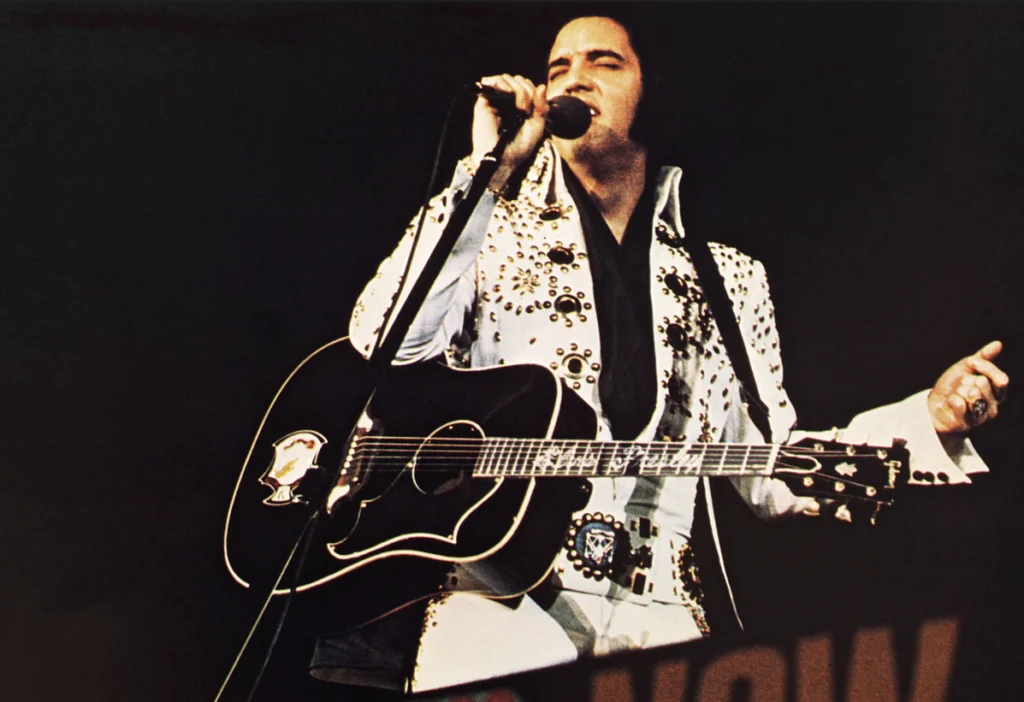
When Elvis Presley showed up unannounced at the White House in 1970, no one could have predicted it—not even President Nixon. Dressed in a flashy outfit and bearing a gift (a Colt .45 pistol), the King of Rock ‘n’ Roll asked to be made a federal agent to help fight the drug epidemic. It sounds like something out of a spoof movie, but it really happened, and Nixon actually gave him a badge from the Bureau of Narcotics and Dangerous Drugs.
The photo of the two shaking hands became one of the most requested images in the National Archives. Fans were baffled and amused by the unlikely pairing, especially considering Elvis’s own well-known indulgences. It was a bizarre blend of counterculture and conservative power, wrapped in velvet and gold. And somehow, it felt right at home in the unpredictable energy of the early ’70s.
2. The Beatles Officially Called It Quits
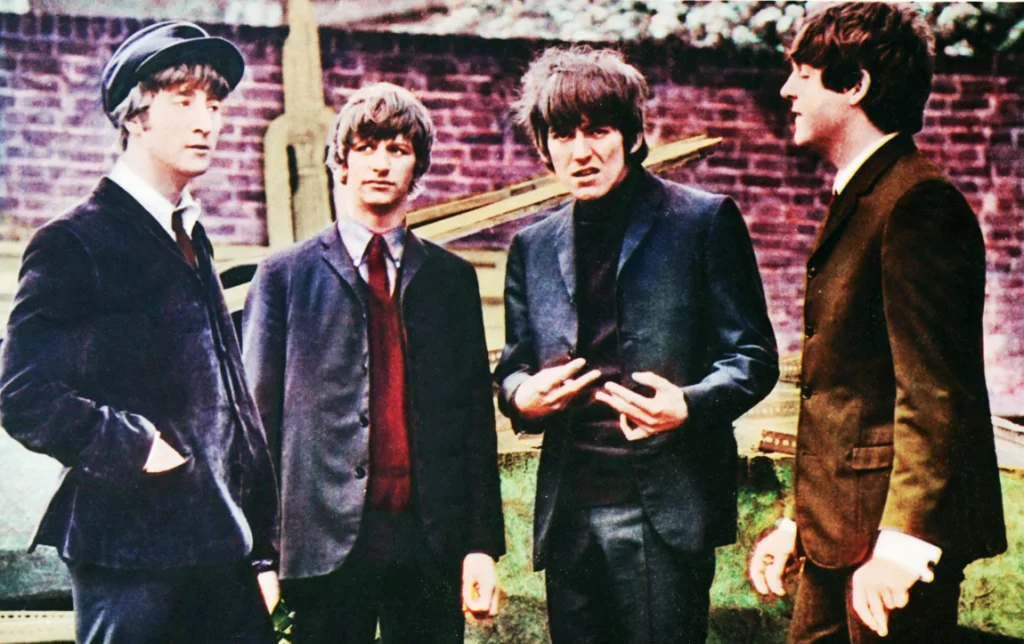
It wasn’t entirely a shock that the Beatles were heading toward a breakup by 1970, but the final nail still felt like a cultural earthquake. When Paul McCartney announced his departure, fans across the globe mourned as if it were a personal loss. After a decade of changing music, fashion, and attitudes, the Fab Four suddenly became part of the past.
What made it all the more jarring was that there wasn’t one big final concert or teary farewell. It just… ended. Years of tension, legal battles, and creative differences quietly sealed the deal. And while each member went on to successful solo work, something magical had ended—and people felt it in their bones.
3. Farrah Fawcett’s Poster Became a Phenomenon

When Farrah Fawcett posed for that red swimsuit poster in 1976, she had no idea it would become the most iconic pin-up of all time. It wasn’t from a major modeling campaign or a scene from Charlie’s Angels—just a casual, sunny shoot that exploded into pop culture history.
That smile, the tousled hair, and the pure ’70s vibe made her a household name overnight. The poster sold over 12 million copies and turned bedroom walls into shrines. Farrah became a symbol of the decade almost instantly, and no one predicted that one simple image would carry that kind of power. It was the kind of fame that didn’t come from a role, but from a moment.
4. “Star Wars” Becomes a Blockbuster
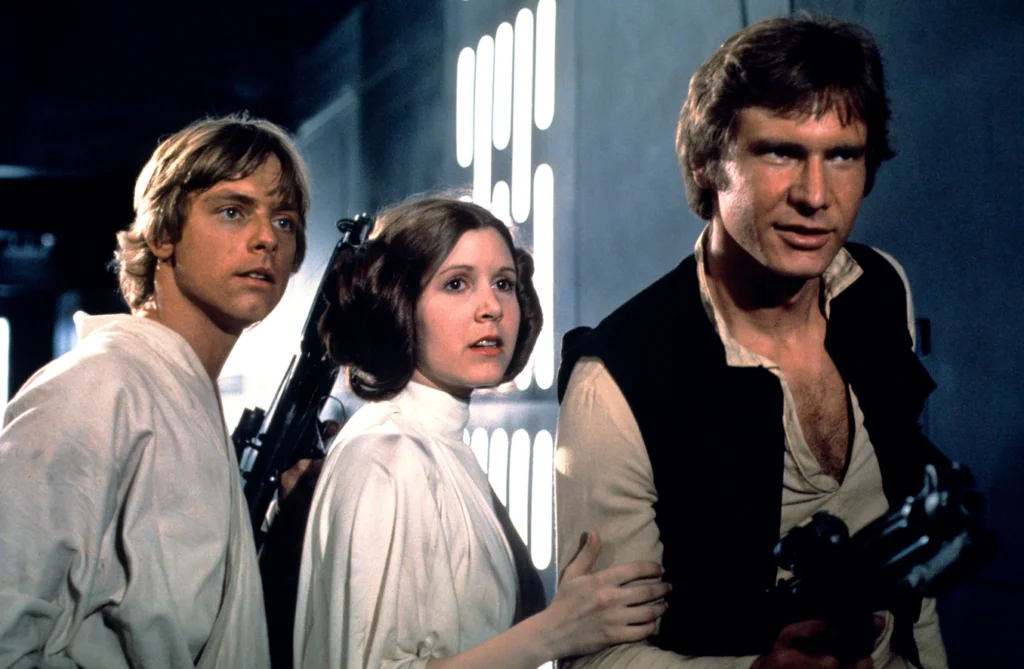
In 1977, Star Wars opened in a limited number of theaters with little fanfare. George Lucas was just hoping it would make its money back. No one—not even the cast—thought it would become a global obsession that would change movies forever.
But word-of-mouth spread like wildfire, and suddenly kids were lining up in costume, buying action figures, and quoting Obi-Wan Kenobi. It wasn’t just a hit, it became a cultural shift. Hollywood scrambled to catch up, and sci-fi was never the same again. Star Wars didn’t just surprise fans, it blindsided the entire entertainment industry.
5. The Birth of Punk Rock
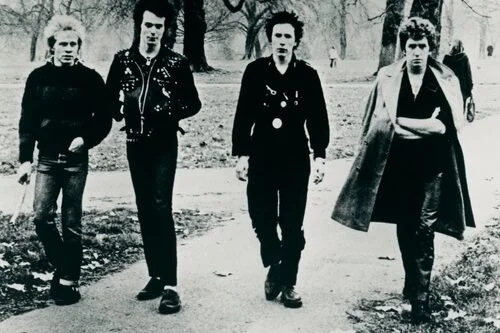
In the mid-’70s, while disco glittered on dance floors, something louder and dirtier was brewing in dingy clubs. The Sex Pistols, Ramones, and The Clash burst onto the scene, spitting out raw, fast, angry music that flipped the polished rock world on its head. No one saw it coming—not the radio stations, not the major labels, not even some of the bands themselves.
Punk wasn’t about being perfect, it was about being real. Mohawks, safety pins, and DIY zines followed in its wake. It scared parents, baffled critics, and gave voice to a restless youth. The ’70s may have started with flower power, but it sure didn’t end that way.
6. Richard Nixon Resigns on Live TV
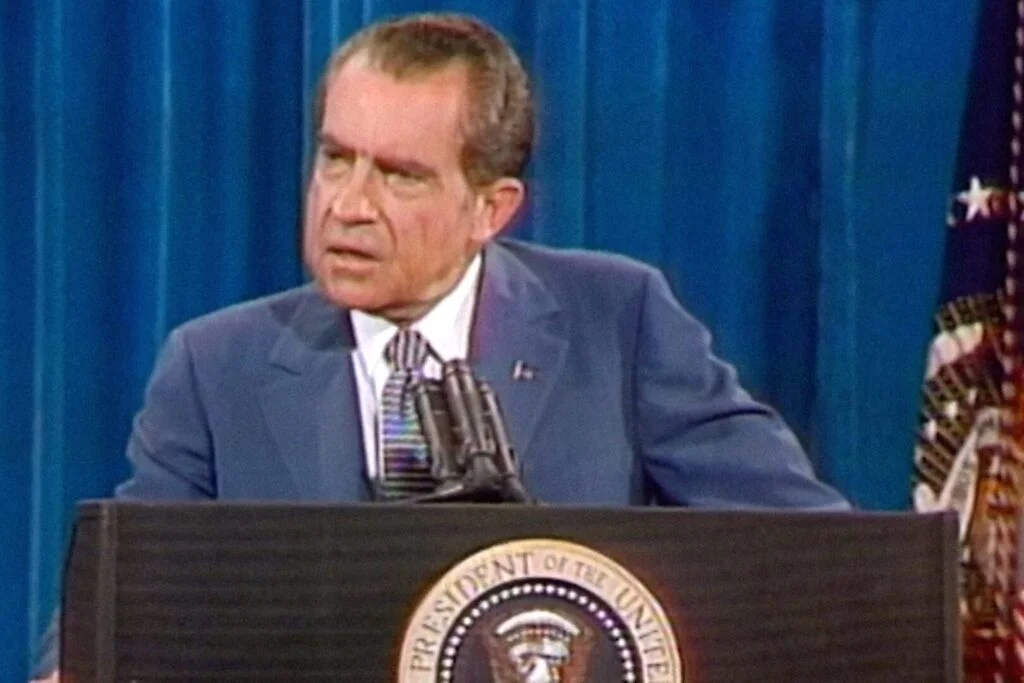
By the time the Watergate scandal was unraveling in the early ’70s, people were already uneasy—but a sitting U.S. president actually resigning? That had never happened before. On August 8, 1974, Americans gathered around their televisions as Richard Nixon announced he would be stepping down the next day.
It was surreal. The leader of the free world, brought down not by war or health but by a cover-up. The scandal turned everyday people into political commentators and made “Watergate” a household term. Watching Nixon wave goodbye from the steps of the helicopter was a defining image of the decade—and a reminder that even the most powerful can fall.


